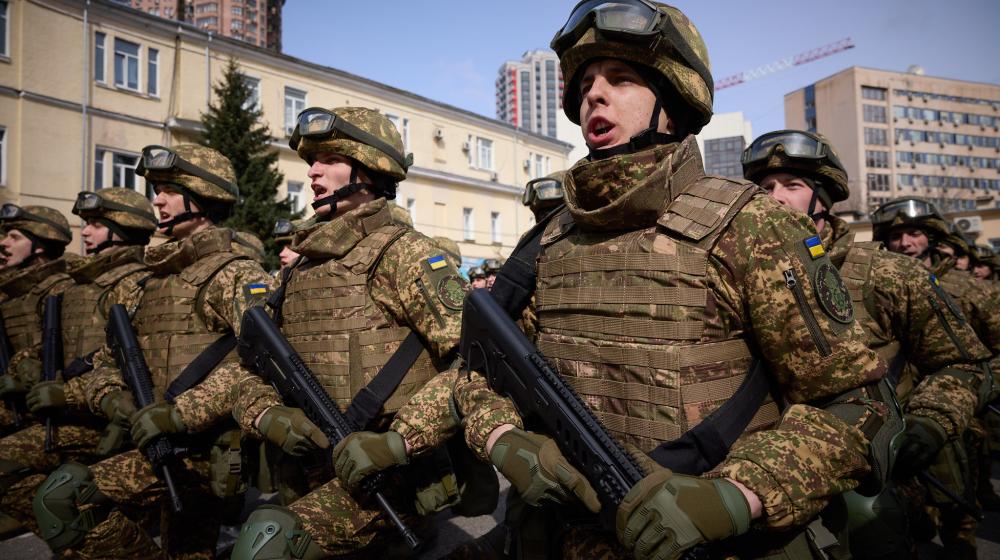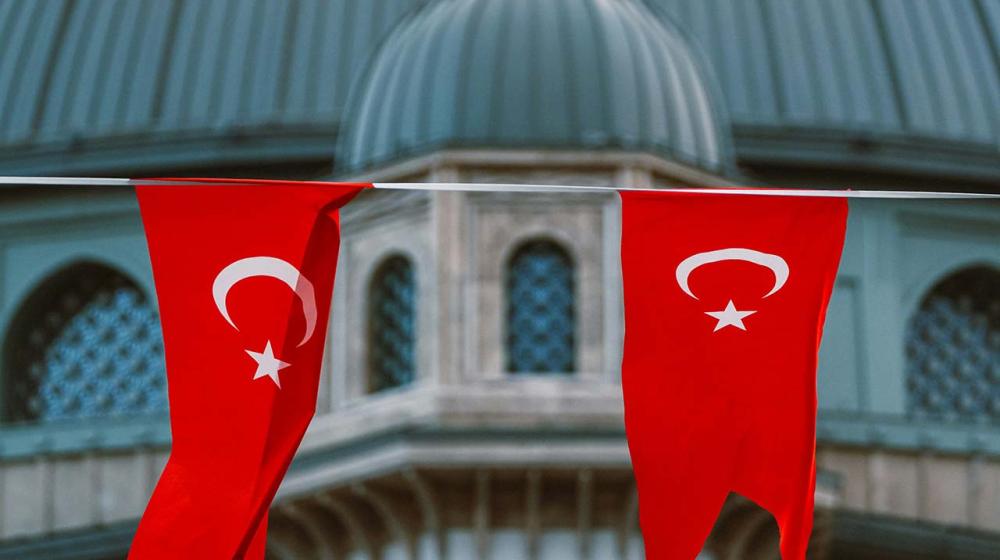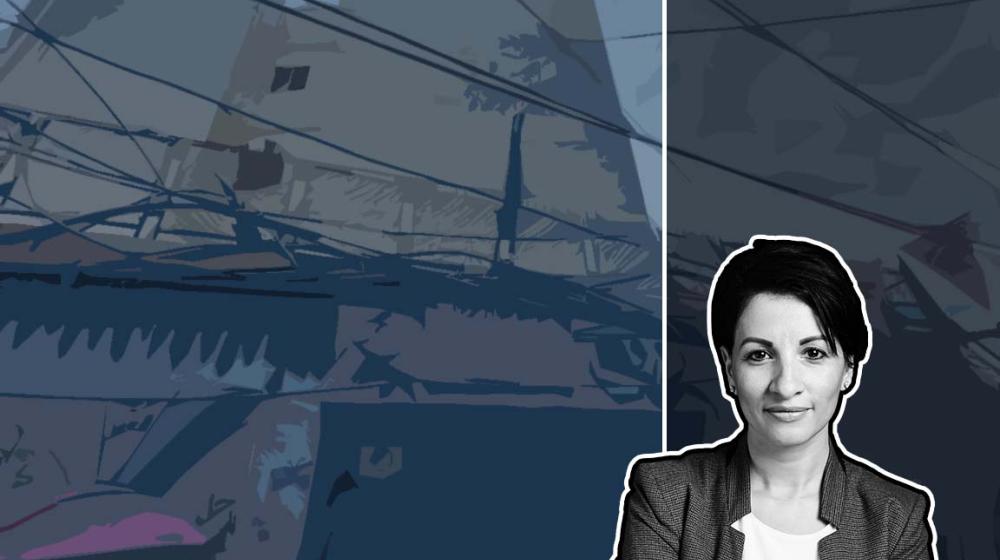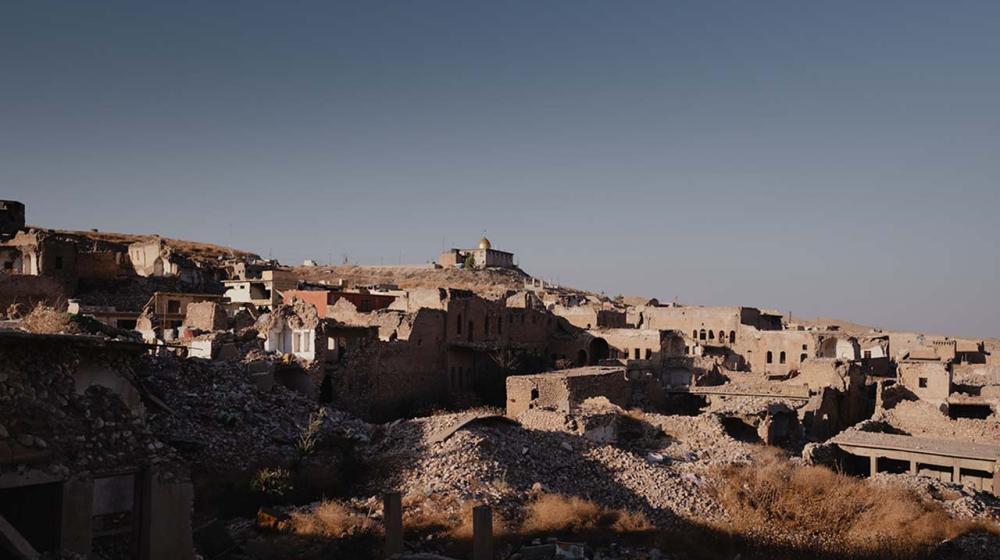The Middle East and North Africa (MENA) is a fragmented region: in spite of its relative cultural and historical homogeneity, it has some of the lowest levels of intra-regional trade, political cooperation and legal migration in the world.
This is largely due to the fact that, since the end of the Second World War, it has experienced the full spectrum of political violence. Conventional, hybrid, and civil wars, revolutions, and terrorism have hindered political and economic development, and created fertile ground for further violence. Breaking this ‘conflict trap’ is imperative for the states of the region, as well as those actors who have a stake in it.
For the EU, the MENA is of strategic importance for three reasons:
- it is an immediate geographic neighbour,
- a crucial passage for goods traveling to and from Europe (including oil and gas),
- and it has been historically unstable.
The region’s security and economic situation is consequently closely intertwined with that of Europe. This explains the Union’s desire to contribute to regional stability through different means such as the European Neighbourhood Policy (ENP), the Barcelona Process and the Union for the Mediterranean.
The EUISS seeks to contribute to the EU’s overall effort in the MENA by providing in-depth analyses on a number of key issues affecting the region.
What are the biggest risks to the EU in 2025? We asked close to 400 experts to rank the likelihood and expected impact of 30 predefined risks affecting EU interests. Experts highlighted the following top risks: a bad ceasefire deal in Ukraine, US abandonment, hybrid attacks, and...
The EU’s foreign and security policy is in urgent need of a reboot. As a new EU leadership takes the helm, we propose 10 ambitious yet actionable ideas to propel EU foreign policy forward.
Amidst a climate of mounting insecurity, it is vital for the EU to define its role in the increasingly complex political landscape emerging in the Horn of Africa and the Red Sea. We examine what strategic posture the EU should adopt vis-à-vis the region.
The ambitious India-Middle East-Europe Economic Corridor project aims to boost trade and connectivity between Asia and Europe. But the initiative faces geopolitical, financial & logistical challenges. How can the EU tap into the project's economic & geostrategic opportunities?
Contestation dynamics have intensified in recent years, to the point they are now driving global politics. We explore the convergence of diverse challenges to the current international order and how European leaders and policymakers should navigate this new reality.
We focus on Türkiye’s presence in and interaction with four regions: the Western Balkans; the South Caucasus; the MENA and Africa. This engagement serves a dual purpose for Türkiye: diversifying partnerships to counter isolation and asserting strategic autonomy by distancing...
Dalia Ghanem visited a Palestinian refugee camp in Lebanon and sheds light on the potentially devastating consequences of defunding UNRWA for its residents and for the security of the country.
The EU and GCC have a long-standing partnership, but it has been hampered by institutional differences, contrasting values and priorities, and conflicting interests. This Brief explores what steps need to be taken to ensure that the partnership can realise its full potential.
This Chaillot Paper analyses the EU’s relations with five North African countries – Algeria, Egypt, Libya, Morocco and Tunisia. In particular it focuses on how the fallout of the war in Ukraine as well as the ongoing migration crisis have affected relations.
This Brief examines how EU-Iraq relations have evolved since 2003 and how they can be enhanced. The authors argue that the EU needs to revise its perception of Iraq in the light of how the country has changed over the past two decades, and explores ways for the EU to pursue a...









